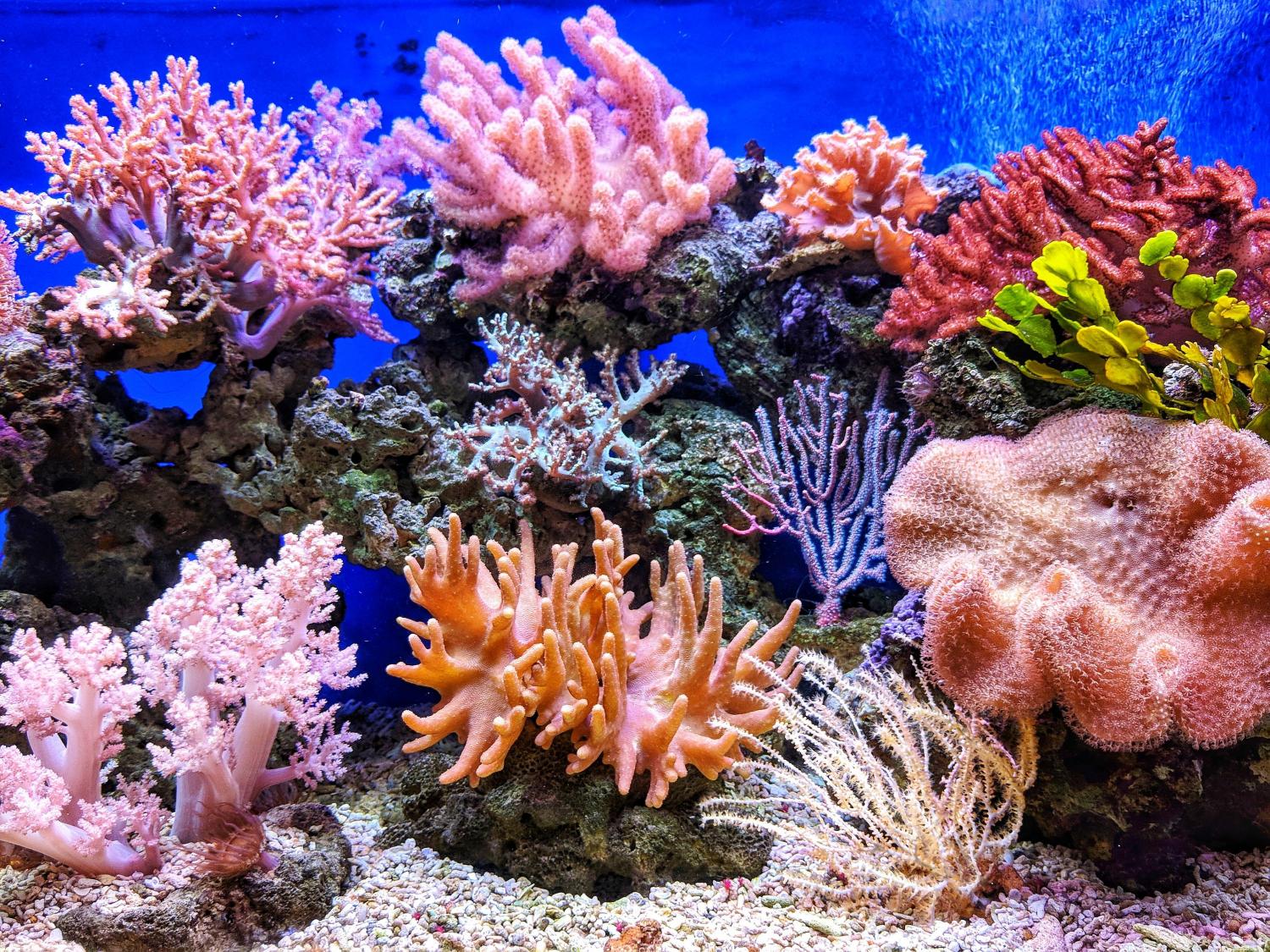
Launched late last year, the Allen Coral Atlas—a collaborative effort to fill in the data gaps and empower coral conservation around the world—is already making strong progress on using data, science and technology to create a super high-resolution image of all the world’s coral reefs.
The project is named after the late Paul Allen, the co-founder of Microsoft and an avid philanthropist. Allen was especially interested in ocean issues. He was a founding member of the International SeaKeepers Society, and his foundation, The Paul G. Allen Family Foundation, is keeping his legacy alive as a funder and supporter of the Allen Coral Atlas.
Why coral reefs are invaluable
"Coral reefs are the rainforests of the ocean, and they are in a period of unparalleled crisis," said Art Min, vice president of impact for the Foundation, in a press statement. “With the Allen Coral Atlas, scientists, NGOs and lawmakers will have the data they need to make more effective conservation decisions, giving our corals a chance at survival."
Coral reefs are indeed the tropical forests of the ocean, hosting an astonishing array of marine biodiversity, and now they are facing grave threats. Climate change is one factor, resulting in coral bleaching—when normally colorful corals turn white due to unnaturally warm water and eventually starve. Pollution, too, plays a role, whether by making it tougher for corals to grow and reproduce, or resulting in their literally ingesting plastic waste.
Coral health directly impacts the health of fisheries and other ocean products that millions around the world depend on. There are other impacts, too. Scientists have found evidence that weakened coral barriers along the Florida coast were a contributing factor in Hurricane Irma’s massive storm surge and subsequent flooding back in 2017. As storms get stronger, coral reefs could help improve coastal resilience.
So while we know that coral reefs worldwide are facing unprecedented stress from human and climate impacts, protecting them requires understanding of their scale and extent around the world. For various reasons, chiefly that most coral are underwater, making them difficult to observe remotely, the information on reefs around the world is lacking.
Technology meets expertise to catalog, and save, coral reefs
Enter Allen Coral Atlas, which brings together researchers from the University of Queensland and Arizona State University, the renowned storytelling capability of National Geographic, and the technological capability of Planet, one of the leaders in remote sensing and satellite technology. Together, they aim to produce a detailed atlas with a vast database of information about the health and size of coral reefs around the world.
"Seeing change is the first step to making change," said Andrew Zolli, vice president of global impact initiatives at Planet, in a press statement. "By making changes in these exquisite, vital and imperiled ecosystems visible, accessible and actionable, we hope to put timely information into the hands of those who need it most to accelerate new conservation strategies.”
The project has ambitious goals. Currently, its researchers have mapped five sites as part of a proof of concept. By this fall, they aim to have time-series satellite imagery ready and hope to have their entire atlas completed by December of 2020. All of this data will be available to any researchers or government agencies around the world through an open technology platform.
The question then becomes: Will global policymakers act on protecting our oceans, the vast majority of which are considered the “high seas” and not under the jurisdiction of any one country? There is hope here, too. The past year has seen strong action on other ocean issues, such as the growing plastic pollution crisis, and there’s even an effort to create a new United Nations Convention Treaty on the High Seas. Empowered with actionable data from the Allen Coral Atlas, perhaps we can come together to carry forward a plan to save the world’s coral reefs as well.
Image credit: Q.U.I./Unsplash

Nithin Coca is a freelance journalist who focuses on environmental, social, and economic issues around the world, with specific expertise in Southeast Asia.














